sexual assault
Can we please talk about male entitlement?
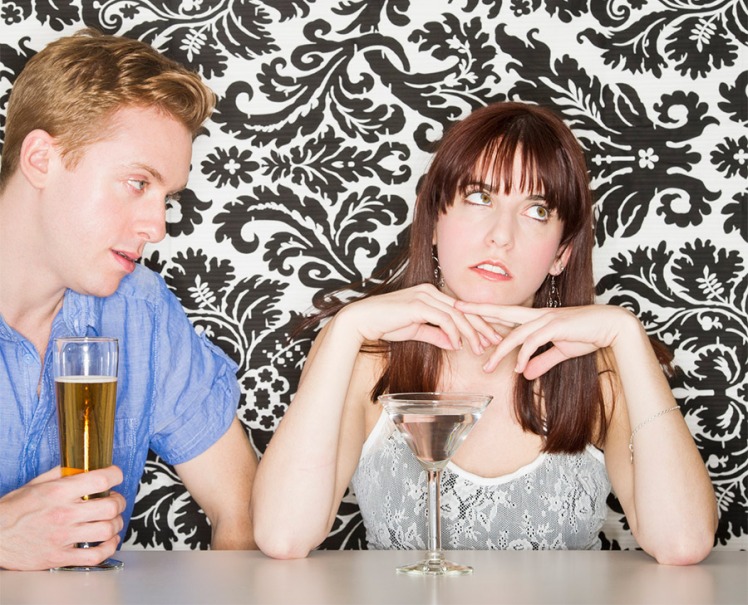
Last Friday night reminded me of why I avoid going out: men. And no, not all men—just a certain type of men. The one who prowls clubs looking for a partner to do the dirty with. The one who thinks he’s entitled to your attention. The one who’s shocked to find out he’s not.
But that’s what it’s like when you go out in a small town.
It was karaoke night—and there were only around 20 patrons in the entire club. It was the first time I’d gone out in months—with my mum and best friend, no less. But of course, when there’s a woman, there will be a man thinking he’s entitled to her attention.
A random guy came up and put his hand on my back.
“Come on, come up and dance. Support my buddy,” he said.
Firstly, no. Take your hands off me. You have no right to touch me—even if it is just my back. The location isn’t important: the lack of consent is.
“No thanks!” I replied. Because dancing in front of some random dude who thinks that’s a sign i’ll go home with him is probably the last thing I want to do.
“No?” he was shocked I’d refused—and with no excuse either!
“No,” I responded, smiling and waving my wine glass.
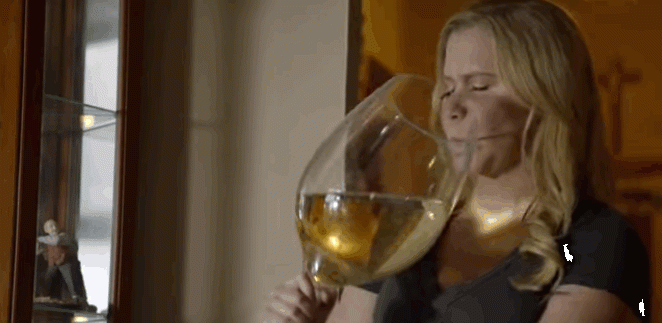
With that, he left, shaking his head. What a shock that must have been! A simple “no”, rather than an excuse. I didn’t tell him I wasn’t drunk enough to go dance, I didn’t tell him I had a boyfriend, I didn’t tell him I wasn’t at all interested: I just told him no—and that’s how it should be.
Ladies and gentlemen: you don’t owe anyone anything. It’s not bitchy to refuse. It’s not rude to refuse. It’s your right. Just because a member of the opposite sex happens to smile at you doesn’t mean you have to do anything. You don’t owe him anything. Women do not exist to pump up Male egos.
I’ll repeat that: women do not exist to pump up male egos.
And really, if your ego can be shattered by a person saying no, you probably weren’t all that good to begin with.
Zoe is a journalist with a passion for all things wacky and strange. Like her on Facebook or follow her on Twitter for more!
Orange is the New Black addressed something really important–and we need to talk about it.
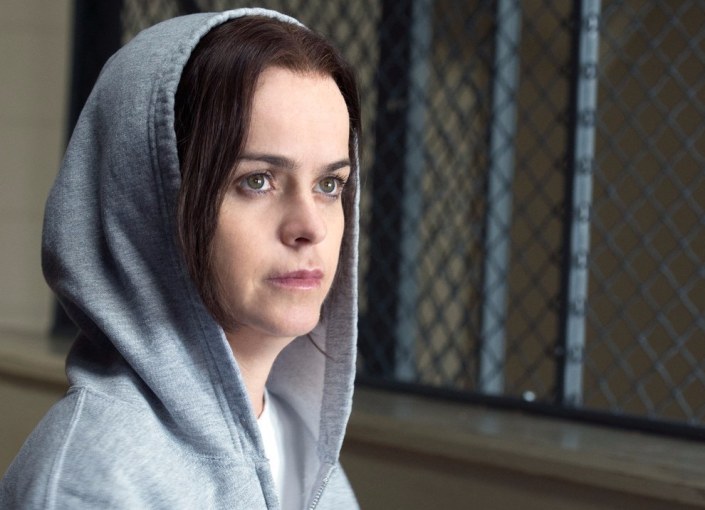
Why are we so afraid to call it rape?
Rape culture is very real and very dangerous—but Orange is the New Black isn’t afraid to tackle it. In the latest season of the hit Netflix series, we see conceptions of rape addressed—and reformed—through the characterisation of inmate Tiffany Doggett.
Doggett was raped last season by a commanding officer at Litchfield Penitentiary—a man who was supposed to be responsible for her safety. Instead, officer Charlie Coates took advantage of her and raped her: but it wasn’t how we usually see rape represented on screens. Doggett wasn’t screaming. She wasn’t frantically trying to beat him off. But we could see from her face that she desperately didn’t want to be there. It doesn’t matter if she didn’t fight tooth and nail to stop him—or even if she didn’t tell him: it is still rape.
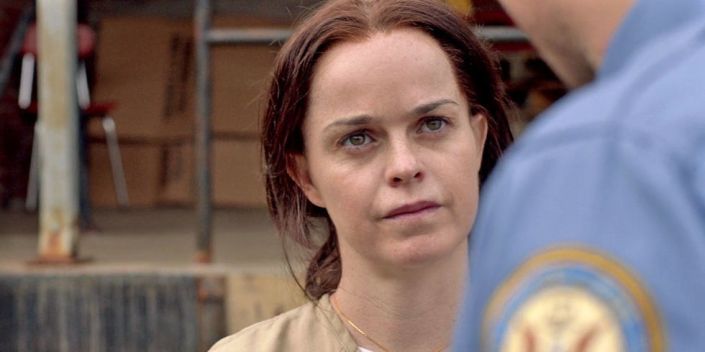
This season, Doggett confronts Coates, making sure he’s not raping anyone else. But here’s the kicker: he didn’t even know he’d raped her. “But I love you,” he insists. “It’s different.”
“But it didn’t feel any different,” Doggett responds.
It didn’t feel any different because it isn’t—rape is the unwanted penetration of oral, vaginal or anal cavities. So, why are we so afraid to call it that? We live in a society where we’re so focussed on blaming the victim: what did they do to provoke it? What were they wearing? Were they drinking? Had they slept together before? Were they in love? Where they in a relationship? Why didn’t they yell for help? People voice these questions as if any of these factors negate a heinous crime. Newsflash: it doesn’t.
One in six women and 1 in 33 men will be raped within their lifetimes. One in two transgender persons will be sexually assaulted, as well as 44% of lesbian women, 26% of gay men, and 61% of bisexual women and 37% of bisexual men. This is a major problem—yet instead of tackling these issues, we’re too focussed on blaming the victim.
As a woman, I’m afraid to walk home alone at night—even though my bus stop is only 500m away. As a woman, I am afraid when a group of men walk towards me. As a woman, I make sure I’m not too drunk to keep my wits about me. I make sure my dress isn’t too short. I make sure I don’t lead anyone on—and even then, I’m not safe.
Doggett was raped in a prison environment meant to protect her.
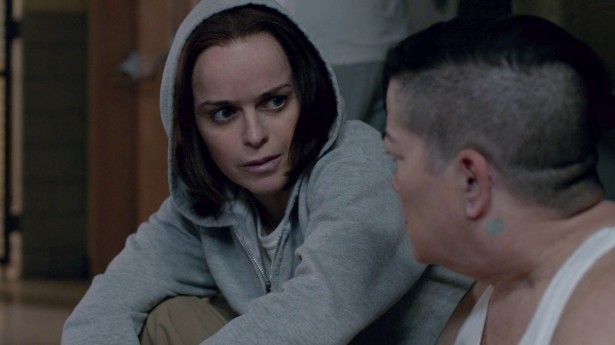
Our actions do not give another person permission to so much as touch us. Even if I walked down the street naked, I’m still not “asking for it”—because my body is mine, and every human being deserves that right. But some people still don’t seem to get the concept of “no”.
Maybe you loved them. Maybe you knew they were horny, so you just let them do it. Maybe you did try to stop it, but gave in because it was easier than fighting. Maybe there were tears in your eyes, as you stare at the wall, wishing you were anywhere else. Maybe you cried when it was over and they were asleep or gone. Maybe they did love you. But then, maybe they didn’t. Maybe it was a cruel and vicious crime—and actions or intentions don’t change that.
As women, we’re so programmed to feel like we have to please our partners—even if we don’t want to. But love is not an excuse for rape: nothing is. And this line of thinking, this notion of “oh, you can’t call it rape after it happened” is absolute bullshit, and a massive cultural problem. Maybe you were too scared to speak up—maybe you’re too afraid to confront in your own mind what it was, and only realise what it was later. It is “not making it up” to get someone in trouble—because only one in six rapes are reported, and only 17% of rapes are actually convicted.
Rape affects every facet of your life. It restricts your sexuality. It restricts your chance at future relationships. You lay awake, crying and reliving those moments. You flinch at every rape joke, or mention of sexual assault. This is not okay.
But we live in a society that would rather blame the victim than prosecute the victim. But it is not the victim’s fault—it’s the rapist’s fault.
Rape is an unforgivable crime—and we need to stop sugar coating it.